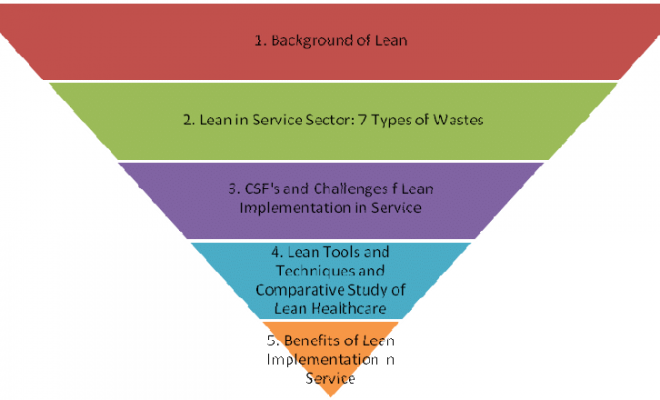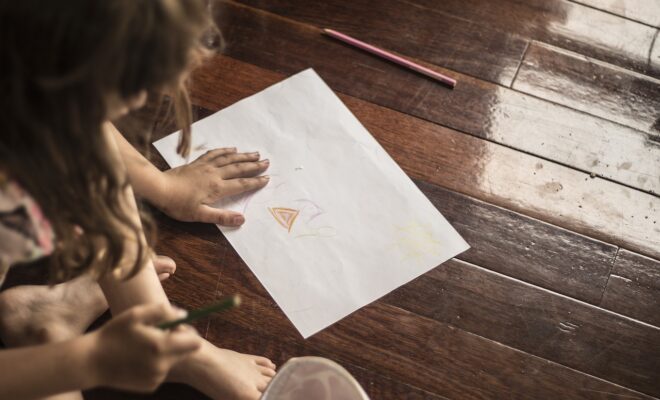
How pretend play benefits your children
Children love to pretend. Dressing up, playing doctor or teacher, adapting role play into their playtime. We’re here to explain how pretend play can stimulate your child’s development by exploring new ideas and activities. By creating a faux kitchen together, walking in adult shoes or hanging out with friends in a fairyland, children learn to solve problems, coordinate their actions, cooperate and think flexibly.
You’ll find some people that believe fun and creative role play in the classroom or at home has limited educational value – but this is not the case. In fact, when they set up a make-believe scenario with toys and costumes, kids learn to solve problems together. Imagine the creative knowledge required to transform a sandbox into a dinosaur bone excavation site! Pretending is important in a child’s development.
Theatrical performance is one of the first ways for children to understand their likes and dislikes, interests and abilities. They try to understand what they observe through role-playing. Just look at the example of children playing with dolls. Dolls often become a child’s reflection of themselves, a safe way for children to express new ideas and feelings.
HOW DOES PRETEND PLAY HELP CHILDREN LEARN?
Have you ever seen children pretend to go to the doctor? One uses a toy stethoscope while others line up for examination. This is how the child explores a common, sometimes confusing or frightening experience. These role-plays make children feel more comfortable and prepare themselves safely for life’s events. Children also use role-playing games to cope with more complex events in their personal lives, be it dealing with an illness in the family or the absence of a parent.
Playing is more than just playing; it requires advanced thinking strategies, communication and social skills. Through role-playing, children consider the opinions of others for the first time, transfer knowledge from one situation to another, make plans and take actions, as well as express and listen to ideas.
- Develop social and emotional intelligence.
- Learn to read social cues
- Recognise and regulate emotions
- Engage in teamwork and negotiation
- Experience new situations and broaden their understanding
- Understand problem-solving
As children get busier with their planned activities, it is important to consider what they have to lose by playing the imaginary game. In many ways, a few hours of creating a store and going shopping for groceries is just as important to growth as any other business. So the next time you see your kids playing pretend play, don’t rush them to do their homework or clean their room. Give them time to explore! You might even end up joining in.









